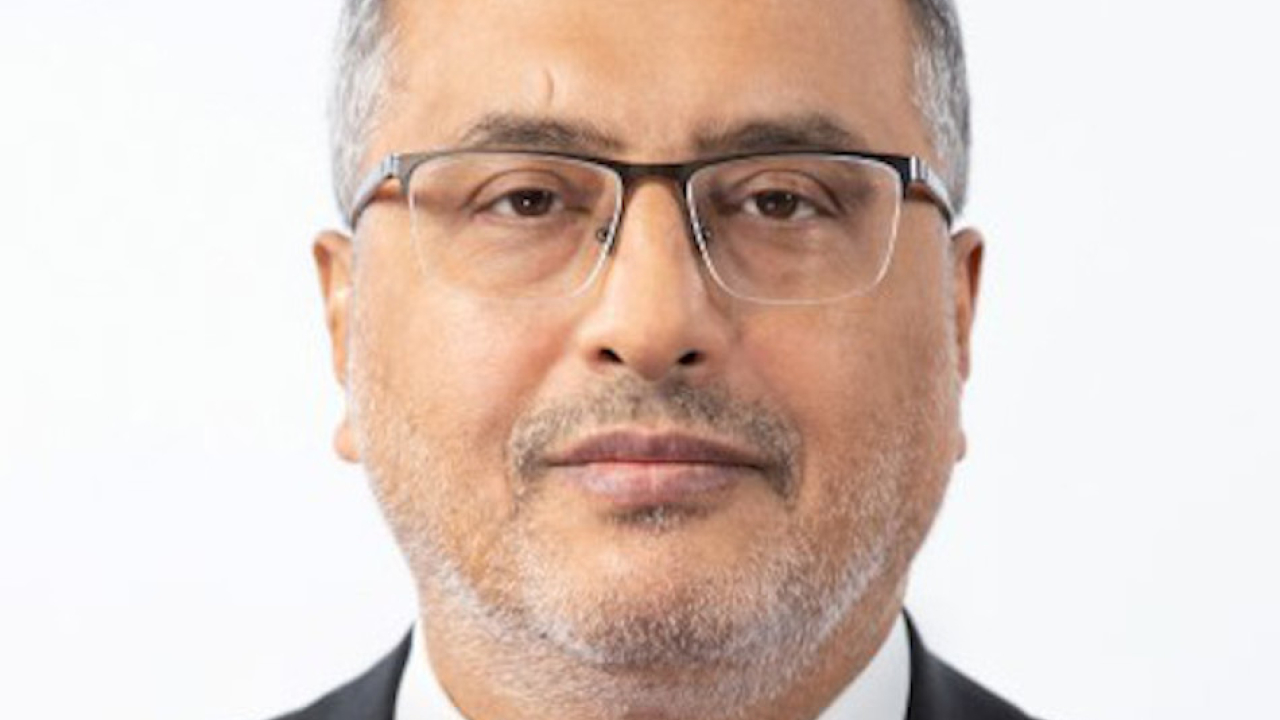RJ's Majali delays departure to assist Board find replacement

Royal Jordanian CEO Samer Majali is pushed back his August 1st departure date from the Amman headquartered airline in order to help the board with his successor.
Majali is to join Gulf Air as its CEO, but the 51-year-old who has been at RJ for 30 years - the last eight as CEO - is remaining in post for an extra couple of weeks to assist the board.
Speaking in an exclusive interview with Arabian Aerospace magazine, Majali said "RJ was not prepared as the decision was taken quite late. So am working with the Board to make a smooth transition and help them find a replacement. I was supposed to leave August 1 but that is flexible. But for sureI will be in Bahrain by the second week of August."
Majali said the RJ Board is considering multiple options, "This could be installing a permanent replacement or an acting CEO to give more time," he said.
Majali - who has just completed a year as chairman of IATA - said he had contemplated moving after achieving his goals of bringing RJ into a global alliance and privatising the airline in 2007.
"By that time I was thinking I had almost 30 years in RJ, seven as CEO at the time. Maybe it is time to move on for the benefit of the company and make way for a new CEO who could build on those achievements and milestones – and for me personally, a time to look at other challenges and opportunites. I never put myself on the market. I thought If something comes good along Id look at it and if I like it, I would move. And that is what happened."
He has been asked not to talk about the strategy for Gulf Air until he moves there next month. "I am still CEO of RJ and workinng as hard."
Majali says there are still challenges for his successor. "We always think when is the best timeto go and try to leave when you have achieved a peak. But it seems the airline industry is always facing challenges. There has not been a single year when there haven’t been threats. This year twe have had initially loss of traffic and the change in booking profiles – a double effect as fewer passengers and people not booking advance. The first affects profitability and the change in profile affects cash flow. People that do travel commit with short notice near date of travel.
"Also the effects of the hedging contracts entered at the peak at the summer of last year have hurt. A positive is that fuel pricess were low but that's three major negatives to one positive
"We were about 30 – 35% hedge at close to $100, we took a great whack. We are handling that without any problem. but our yield dropped. On top of that we have a large capacity coming into the market through flydubai and others with all the airplanes they don’t have anything to with except fly them. This has brought excess capacity at a time we don't need it."
Stay up to date
Subscribe to the free Times Aerospace newsletter and receive the latest content every week. We'll never share your email address.

